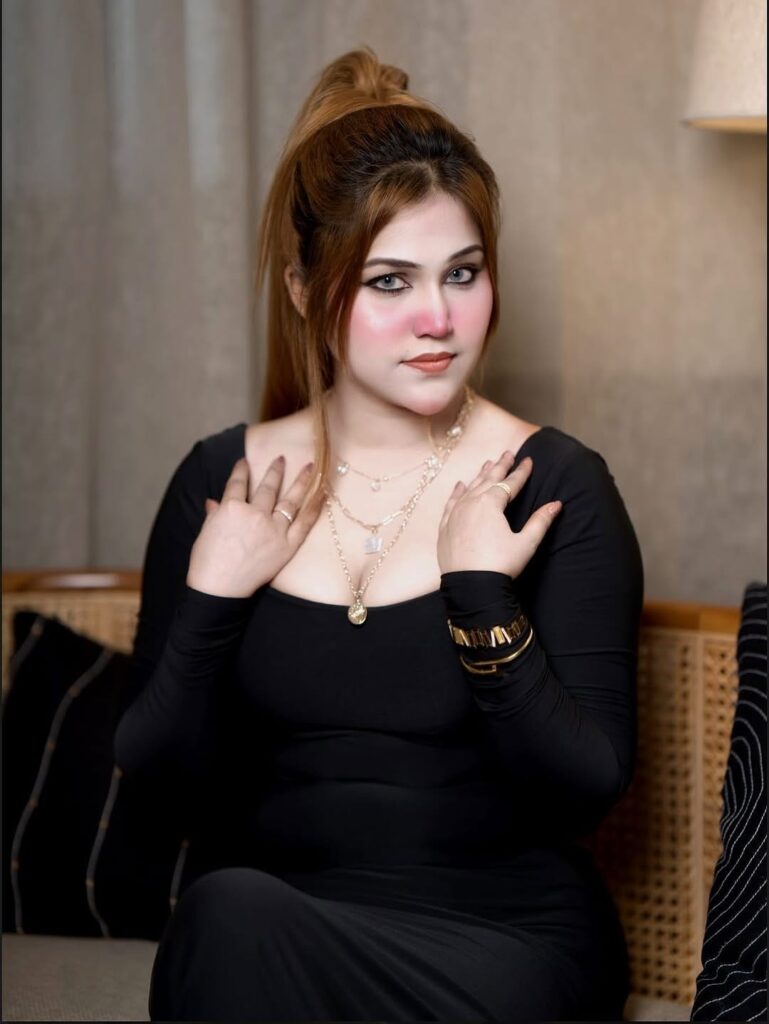The Royaute Luxury Hotel In Lahore is not merely a building; it is a statement. Standing amidst the historic sprawl and the rapid modernization of Pakistan’s cultural heart, it represents a globalized aspiration—a sanctuary of polished marble, controlled climate, and absolute discretion designed to rival the high-end havens of Dubai or Knightsbridge.
Yet, like all such intensely concentrated hubs of wealth and power, the Royaute functions as a magnet for more than just multinational CEOs and high-society weddings. It becomes a critical nexus where the official economy of luxury intersects with the shadow economy of desire, connection, and clandestine services.
To observe the dynamics surrounding such an institution is to understand the complex, often contradictory demands of a new Pakistani elite—an elite that seeks tradition outside their doors and total, frictionless modernity within.
The Architecture of Anonymity
The primary commodity traded within the walls of a hotel like the Royaute is not food or linens, but anonymity and control. The facility is engineered to separate its inhabitants from the unpredictable chaos of the city outside. This separation is crucial for the thriving of implicit industries.
In the public perception, the Royaute is defined by its immaculate service, its fine dining, and its expansive conference halls. But its true utility for certain patrons lies in its rigorous systems of privacy. High-profile business deals, political maneuvers, and, inherently, the commerce of personal connection—including the highly visible yet unspoken presence of the escort economy—rely on these self-contained environments.
The hotel acts as a crucial filtering mechanism. It pre-qualifies clientele by cost and access, ensuring that those seeking discreet, high-tier services are afforded a vetted space where security guarantees minimal hassle and absolute silence. It is this promise of a sealed-off bubble that allows an unspoken, high-stakes supply chain to operate with smooth efficiency.
The Global Standard of Demand
The clientele driving the demand for personal services in Lahore’s premier luxury hotels is typically multifaceted:
- Expatriates and Returning Diaspora: Individuals seeking specific comforts and connections unavailable through formal channels, often operating on schedules that demand immediate, high-quality social engagement.
- The New Local Elite: Industrialists and entrepreneurs who have adopted global standards of business and leisure, blurring the lines between professional success and the display of acquired tastes.
- Regional Business Travelers: Patrons from the Gulf or other South Asian nations who view such services as a standard, if unadvertised, amenity of luxury travel.
For these groups, the “escort” is often framed less as a transaction and more as a sophisticated, curated social experience—a temporary companion capable of navigating the complex social codes of a high-end environment. This elevates the service from street-level commerce to a highly managed, network-driven industry that relies heavily on referrals, digital platforms, and tacit cooperation from facilitators outside the hotel’s direct employ.
The Facilitators: The Doorway Between Worlds
The actual mechanics of this shadow economy rarely involve direct solicitation within the hotel’s heavily surveilled public spaces. Instead, the service economy forms a permeable layer around the luxury core. This layer is managed by a network of intermediaries—drivers who know the social landscape, personal assistants, and specialized ‘agents’ who manage rosters and arrangements.
These networks are critical because they bridge the gap between the Royaute’s official mandate (impeccable corporate hospitality) and the patrons’ unofficial demands. The hotel does not facilitate the arrangements, but its existence provides the necessary stage. The transactions occur through external channels—digital communications, private phone calls, and arrangements made blocks away—but the delivery requires the architectural safety of the luxury venue.
This system is a powerful illustration of the invisible labor and often vulnerable populations that attend wealth. The women who participate in this economy are often operating in a high-risk environment, yet they are required to project the polish and social capital expected by the clientele of a five-star international establishment.


